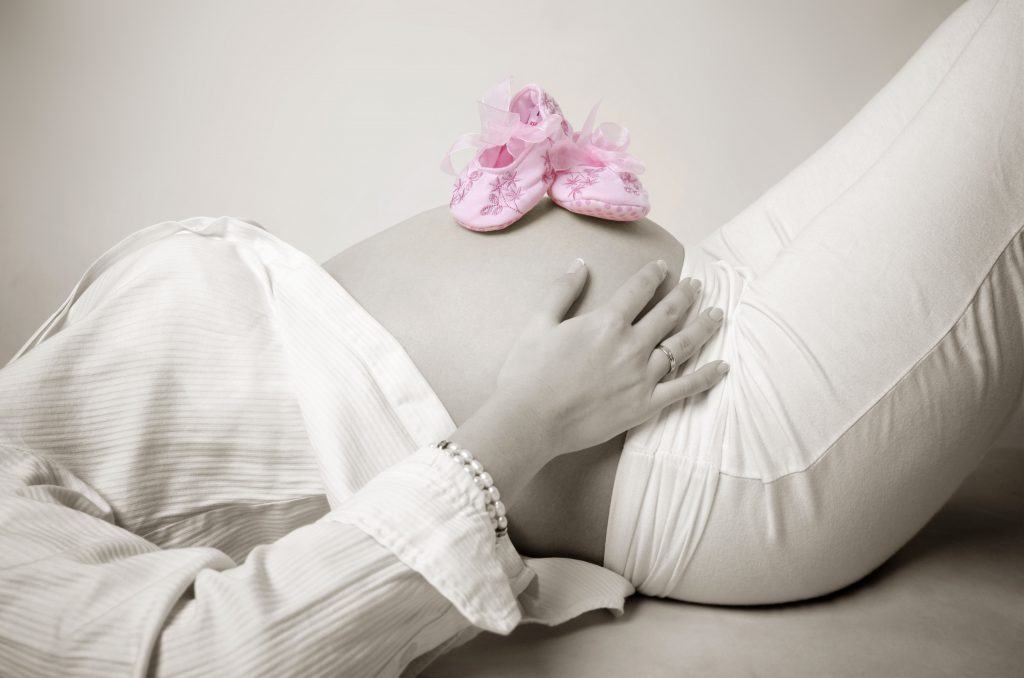
During pregnancy many changes that affect the body function of the woman occur. This changes are part of the evaluation on the mother-fetal care system to create a pleasant environment to:
- Well grow and development of fetus, so at the end of pregnancy you will have a have a healthy baby with an adequate weight and less risk to suffer chronic diseases for later ages.
- prepare the women´s body for childbirth and lactation
- Protect woman´s health.
Every woman must gain weight during pregnancy, but the body gain weight is determined by her pre-gestational body mass index, currently the weight gain for a woman with a normal pre-gestational BMI and a single pregnancy is 11.5-16 kg.
The pregnant woman’s diet must have the characteristics of a correct diet, it must be complete, that is, it must contain food from all groups and all nutrients in a sufficient and balanced quantity, it must be safe, economically accessible, pleasant and varied. ; Compatible with the culture and environment of the woman and appropriate to her circumstances, in this case the pregnant woman will have to increase energy consumption and pay special attention to some nutrients.
The general recommendation on energy consumption is that it be increased to 340 and 450 kcal / day in the second and third trimesters of pregnancy respectively, however, this could be excessive or insufficient in some cases, so it is important to give personalized follow-up. to the woman regarding her weight gain and her state of nutrition and health.
Due during pregnancy the consumption of protein is necessary for the fetus, placenta and maternal tissues, the protein requirements will be increased, so it is recommended to consume protein sources such as foods of animal origin (meat, eggs and dairy) and legumes (beans, chickpeas, lentils, etc.), of preferences combined with some cereal (corn tortilla, rice, etc.). liver, eggs, legumes, green leafy vegetables, and added flours,
he prevalence of iron deficiency in pregnant women is high in Mexico and other countries in the world, in addition to consuming iron-rich foods, it has been suggested to supplement it either weekly or daily.
Regarding folic acid, a deficiency of this during pregnancy has been related to neural tube closure defects (DTN), this is quite frequent in Mexico, so it is important to promote the consumption of foods rich in this vitamin such as liver and other viscera, green leafy vegetables, broccoli, cauliflower, avocado and some fruits such as orange and banana, among others, in addition to the fact that all women with the possibility of pregnancy are recommended to take a supplement of folic acid, at least one month before becoming pregnant and continue consuming it during pregnancy.
It is recommended that the pregnant woman perform physical activity unless there is a specific contraindication. The American College of Obstetrics and Gynecology recommends that healthy pregnant women perform 30 minutes or more a day of moderate physical activity every day of the week, this should be similar to what the woman did before becoming pregnant or starting slowly . High impact and contact sports should be avoided.
During pregnancy, women are often very receptive to adopting healthy habits, a correct diet and physical activity are factors that can help the pregnancy to come to a successful end.
